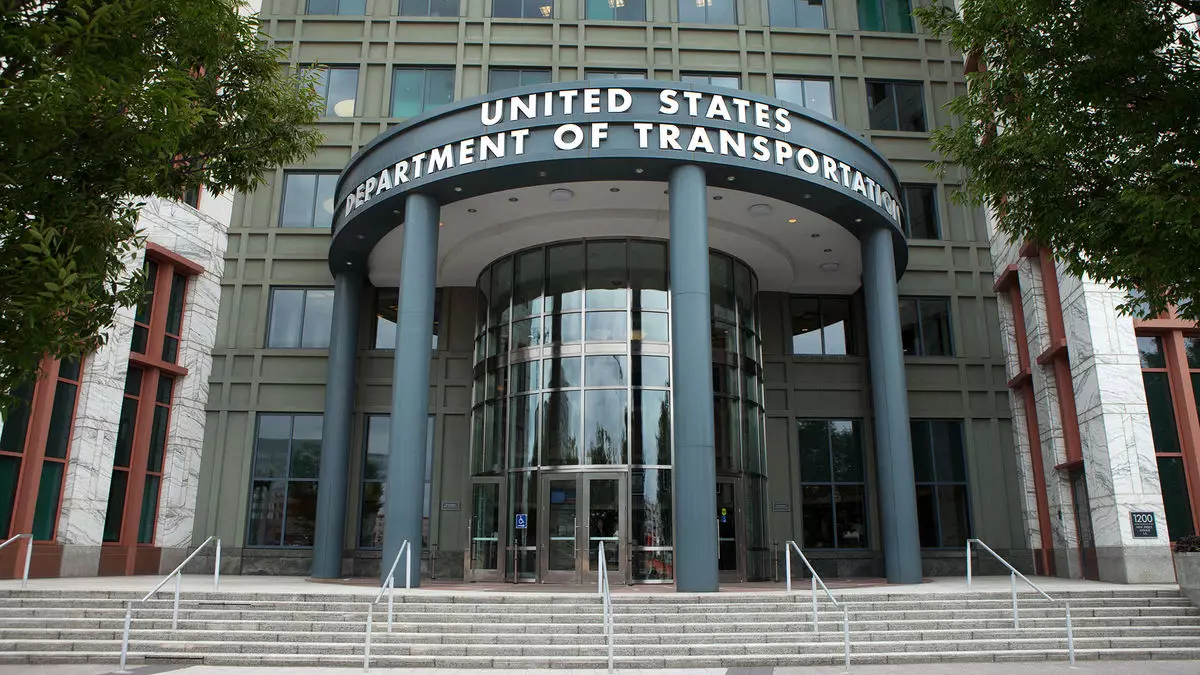The Department of Transportation (DOT) recently finalized refund requirements that have been met with strong opposition from airlines. Scheduled to go into effect in late June, these new rules have sparked outrage among industry leaders. The Airlines for America (A4A) trade group has denounced the DOT’s decision, claiming that the regulations will ultimately lead to higher air travel costs. A4A argues that the lack of collaboration in issuing these rules will result in confusion for consumers, limited choices, and decreased competition, all of which could drive up prices.
One of the key areas of contention surrounds the definition of a “significant delay.” While airlines are currently obligated to provide refunds for canceled or significantly delayed flights, there has been no clear explanation of what constitutes a significant delay. Under the new regulations, domestic flights delayed by more than three hours and international flights delayed by more than six hours will trigger a refund requirement. A4A has implied that the DOT is neglecting its responsibility in addressing flight delays, citing a shortage of certified professional controllers within the FAA as a contributing factor.
The DOT’s regulations also outline specific circumstances under which airline customers are entitled to refunds. These include changes to the arrival or departure airport, the addition of a connection point to the itinerary, downgrades to lower seating classes, and reductions in available amenities due to aircraft changes. Additionally, carriers will be required to notify customers proactively in cases of canceled or significantly delayed flights, a rule aimed at preventing airlines from issuing credits instead of refunds to passengers who may be unaware of their entitlement.
The controversy surrounding the DOT’s refund requirements has highlighted a broader debate within the airline industry. As airlines struggle to navigate the challenges posed by the COVID-19 pandemic, the imposition of potentially costly regulations threatens to exacerbate financial strains. The clash between regulatory oversight and industry interests underscores the complex relationship between government agencies and private businesses. Moving forward, stakeholders will need to find a balance between consumer protection and economic sustainability to ensure the long-term viability of the aviation sector.

